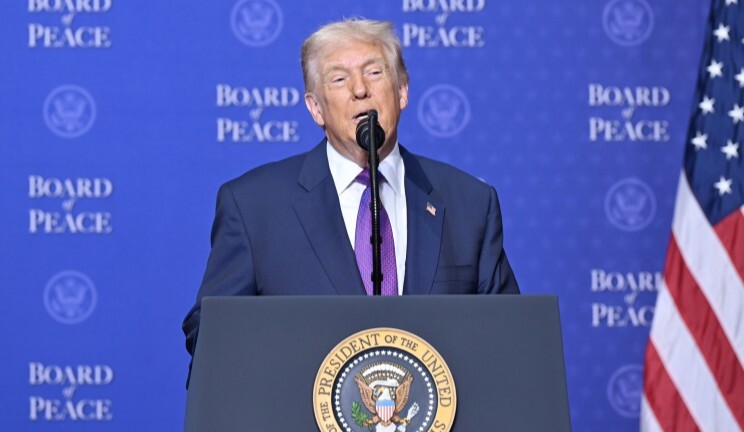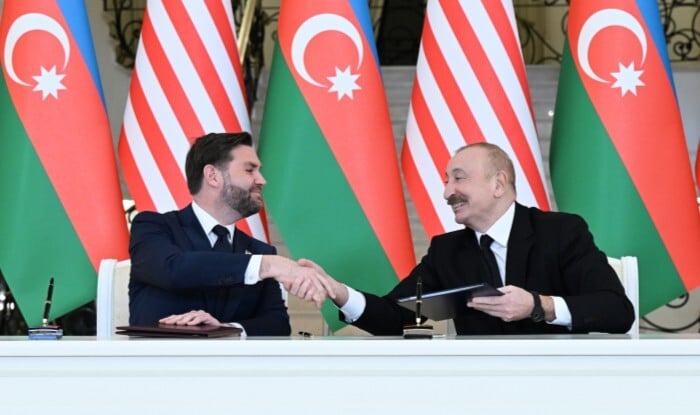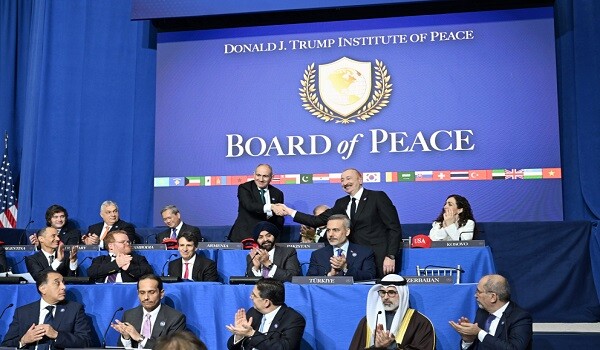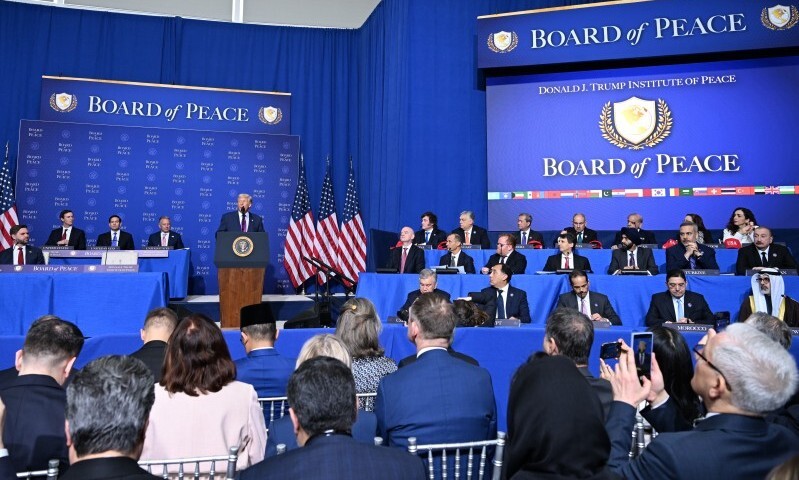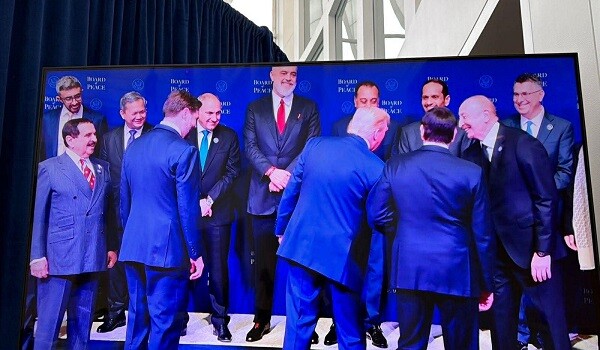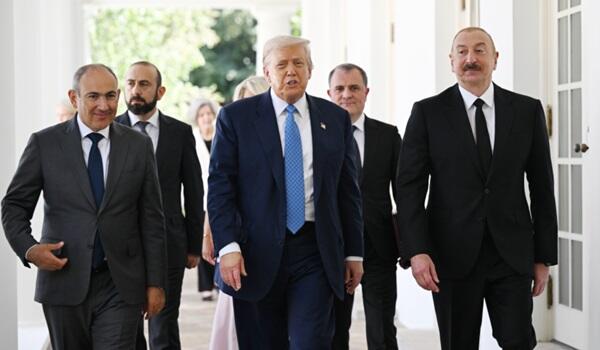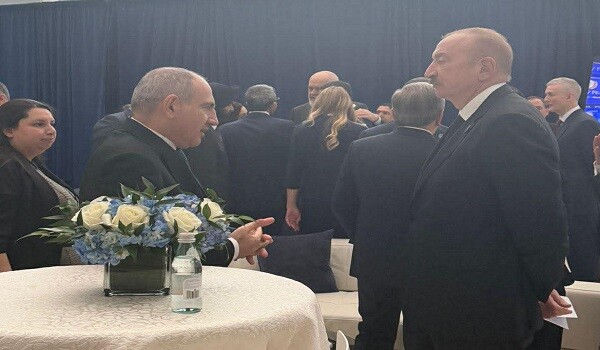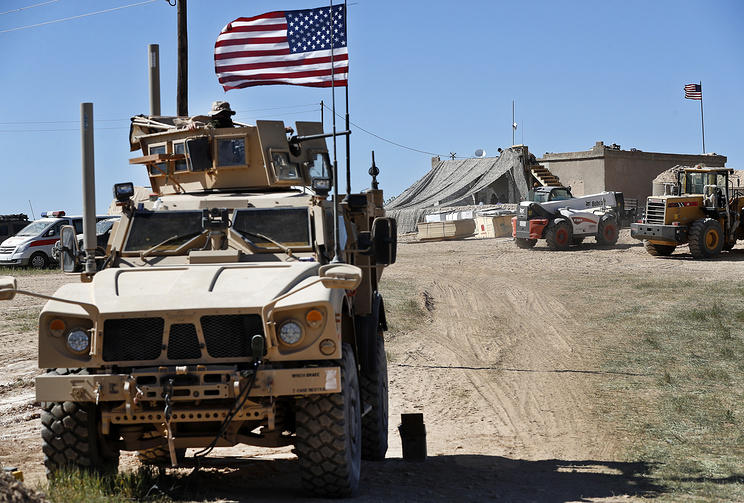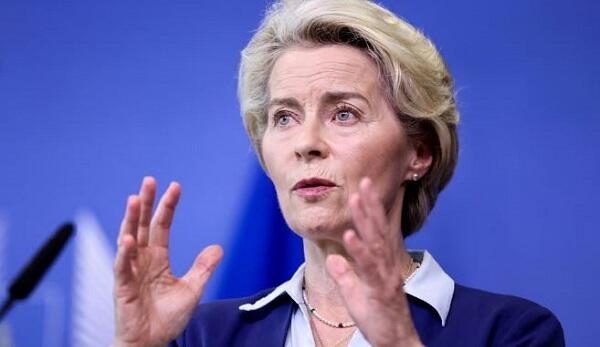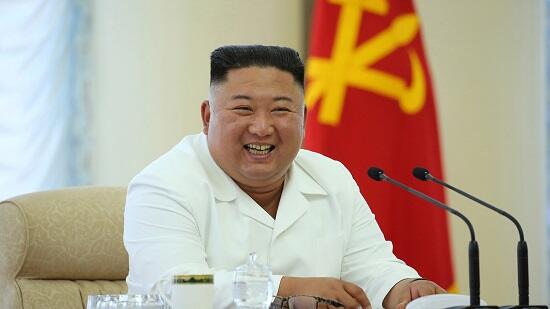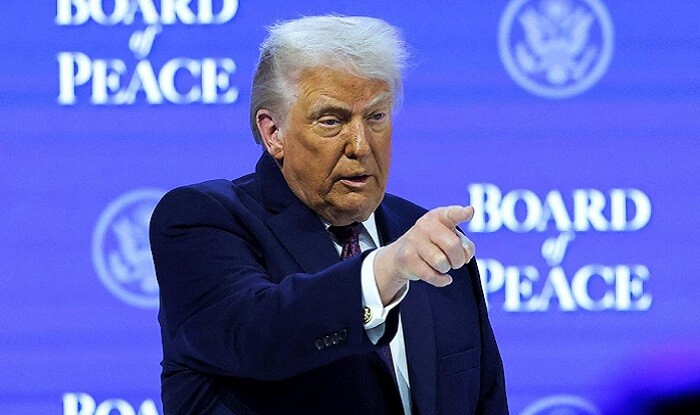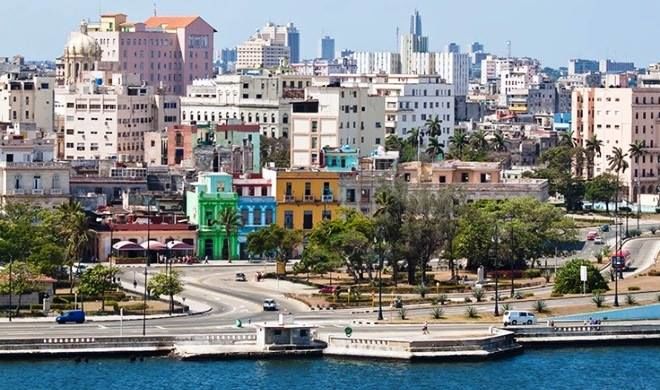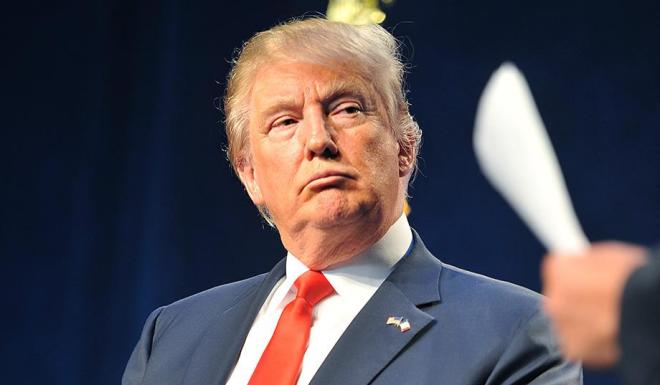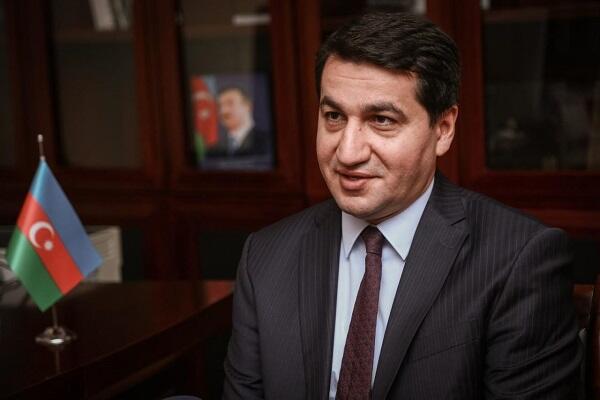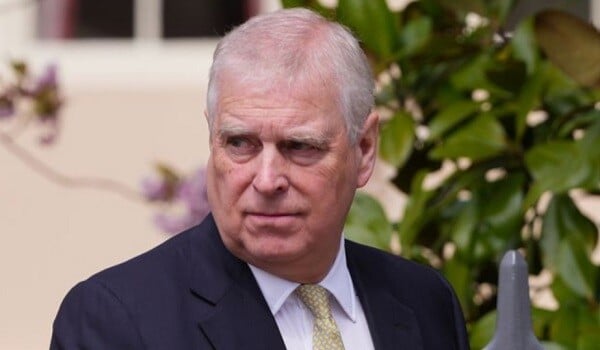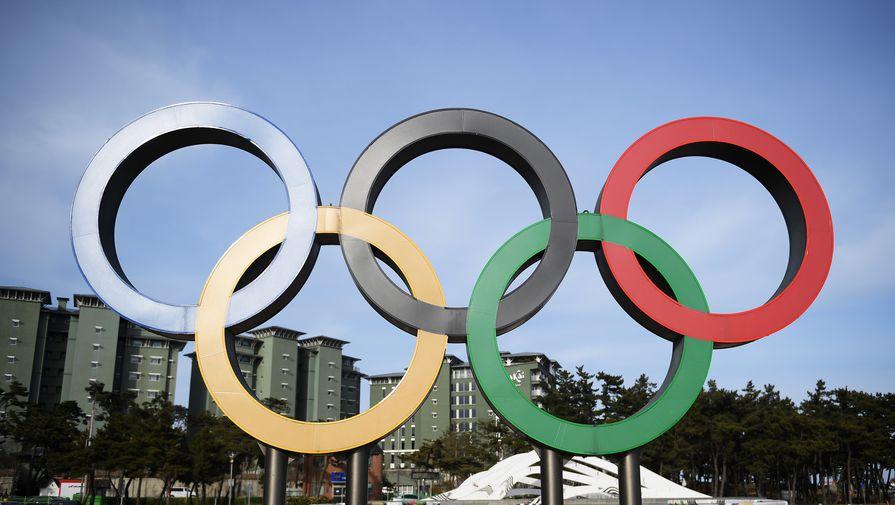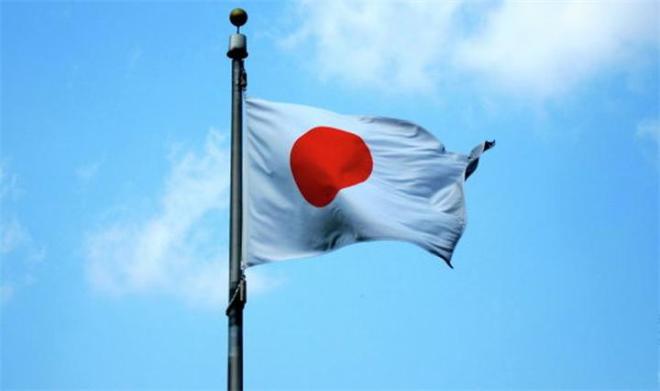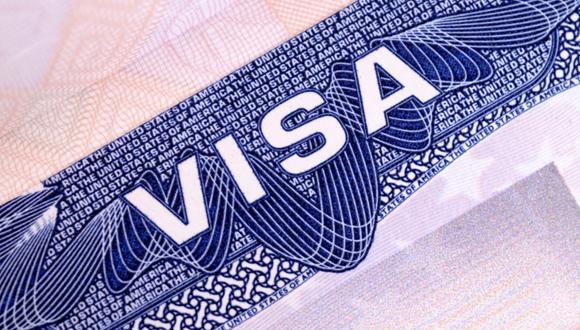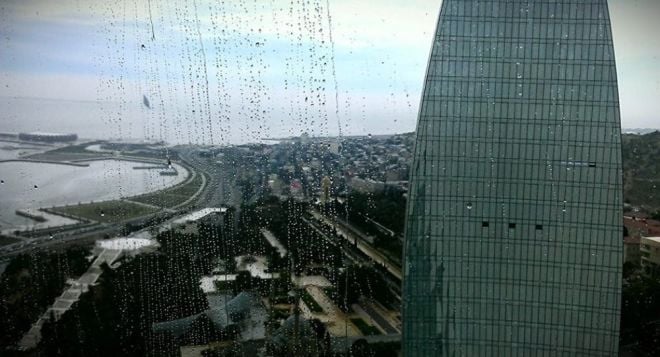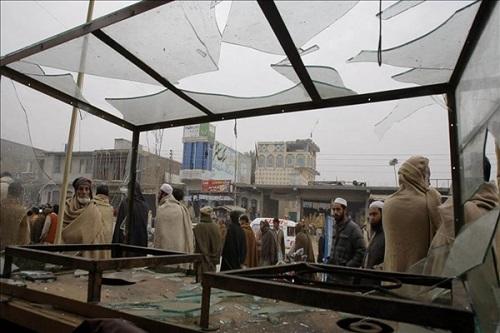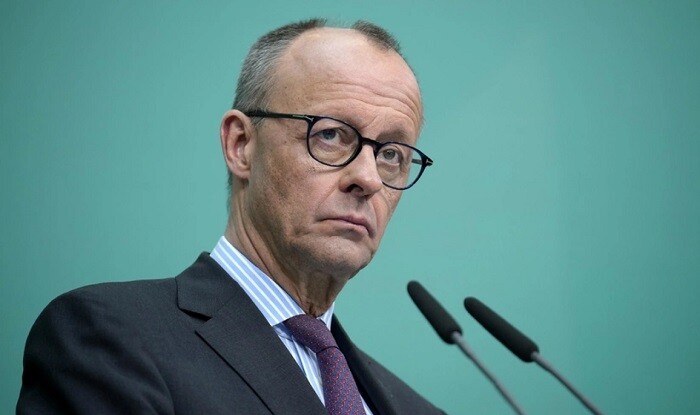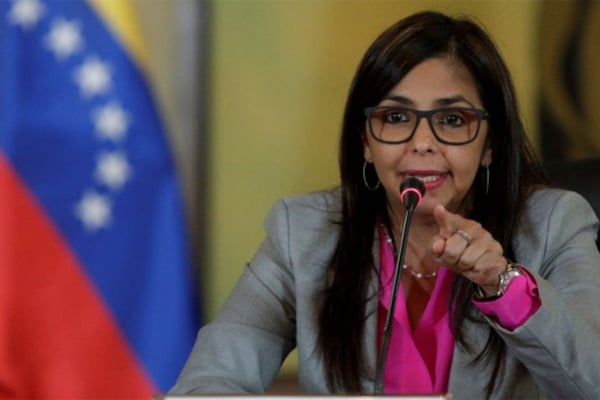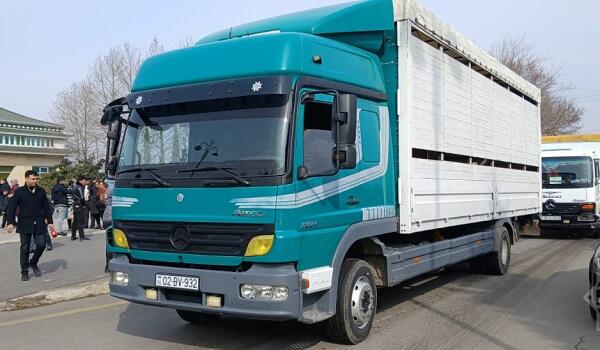Axar.az presents the article "Azerbaijani, Pakistani, and Turkish interests converge in Central Asia" by Andrew Korybko.
A two-day multinational conference focused on “Turkey, Pakistan and Central Asia: Partnership for Peace” just wrapped up in Istanbul on Thursday. It was co-hosted by Turkey's Center for Diplomatic Affairs and Political Studies (DIPAM) and Pakistan's Lahore Center for Peace Research (LCPR) and saw the participation of experts from many of the relevant countries, including Azerbaijan. Media reports highlighted some of the speakers' main points, which included relying on one another as gateways to their neighbouring regions, concentrating on the creation of connectivity corridors, and geopolitically counterbalancing extra-regional Great Powers in this strategic space. One expert also suggested that efforts should be invested into reviving the spirit of friendship between the former Ottoman, Safavid, and Mughal Empires via stronger Turkish-Iranian-Pakistani cooperation.
Some practical modalities present themselves for actualizing this ambitious vision. The first is that the Economic Cooperation Organization (ECO) should be used as the platform for organizing these activities. It deserves to be elevated to just as important of an international role as other regional integration organizations such as the Eurasian Union (EAEU) and the Shanghai Cooperation Organization (SCO), especially since many of its members are part of one or both of those too. Within the ECO, there's a need for Azerbaijan, Iran, Pakistan, and Turkey to come even closer together to form the core of this organization. Their demographic, economic, and military potentials can be combined to help their Central Asian counterparts, but they must first prove that they're able to do so with one another on the high level that's needed in order to prove the viability of this concept.
For the most part, that's already happening, especially after last month's trilateral Foreign Ministers' meeting in Islamabad between the top Azerbaijani, Pakistani, and Turkish diplomats. As such, all that's required is to incorporate Iran more closely into this regional leadership network in order to give the ECO the boost that it needs to take the organization to its next natural phase. In parallel with these efforts, President Aliyev's proposed six-party regional integration platform should be prioritized and eventually expanded to include Pakistan and the Central Asian Republics, thus complementing their shared vision. Further interactions between all members of their governments, business communities, and civil societies will contribute to more trust between them, thus helping this process proceed as needed and eventually giving it a life of its own.
As intra-organizational integration continues apace, so too must its economic counterpart. To this end, five interconnected axes are the most viable. These are Pakistan's N-CPEC+ plans for expanding CPEC through Afghanistan to Uzbekistan and the rest of Central Asia alongside Turkmenistan and thenceforth Azerbaijan and Turkey; its W-CPEC+ plans to expand this corridor westward through Iran to Azerbaijan and Turkey; Turkey's Middle Corridor through the South Caucasus and Central Asia en route to China; and President Aliyev's initiative for utilizing the recently proposed Nakhchivan Corridor to unlock connectivity between the six states that comprise his envisioned regional integration platform. All of these initiatives dovetail with the China-Central Asia-West Asia Economic Corridor and could thus function as branches of that larger project.
The tangible convergence of Azerbaijani, Pakistani, and Turkish interests in Central Asia through this manner could eventually result in the long-term establishment of a separate pole of influence in the emerging Multipolar World Order. That grand strategic ambition must be the goal that all relevant countries aspire to achieve since it would most sustainably enable them to protect and advance their collective interests in the 21st century. They'd be able to help one another access neighbouring markets through their envisioned connectivity corridors while also defending their security interests through closer military cooperation. On top of that, they could also vote as a single bloc in international fora, especially the UN General Assembly, thus making them a global force to be reckoned with. So long as the political will is present, nothing can stop this dream.
